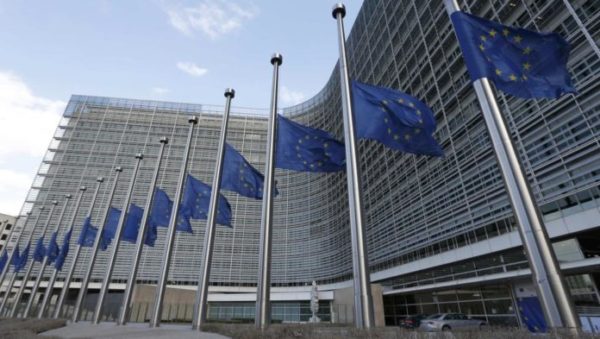The European Commission announces on June 22 that it has been endorsed by the Council of the European Union to launch negotiations on a new partnership agreement with the 79 African, Caribbean and Pacific (ACP) countries.
Signed in 2000, the current agreement known as the Cotonou Agreement expires in February 2020 and its provisions provide for the opening of negotiations on a future partnership by the end of August 2018.
This new round of negotiations will open while the issue of EPAs, Economic Partnership Agreements, which were to take over from Cotonou under the command of the WTO (World Trade Organization) remains pending. The unilateral preferential treatment enjoyed by ACP exports to the EU in this commercial context has indeed been identified as incompatible with the rules of international trade.
The reason for this trampling is the resistance of some states including the Nigerian giant, the reciprocal dismantling of tariff barriers (even if it should concern only 75% of the ACP markets), as envisaged by the EPAs, is perceived as an ocean uncertainties in which many ACP countries do not deign to venture.
On the other hand, the fact that some countries such as Côte d’Ivoire and Ghana have signed precautionary EPAs as a precaution suggests that the issue will be at the heart of the negotiations.
“We are ready to embark on a dynamic and modern partnership with our partners in Africa, the Caribbean and the Pacific. This new partnership will be a powerful tool to face together the challenges we need to address – from poverty and inequality to peace and security, climate change and sustainable growth. for the benefit of all, “said Neven Mimica, Commissioner for International Cooperation and Development.
This nice rhetoric will give way to bitter negotiations in a context where the African continent is working on the establishment of ZLECA, its own free trade area.
The ACP countries, which met last May in Lome, chose Togo to chair the ministerial group to lead the negotiations with Brussels.



